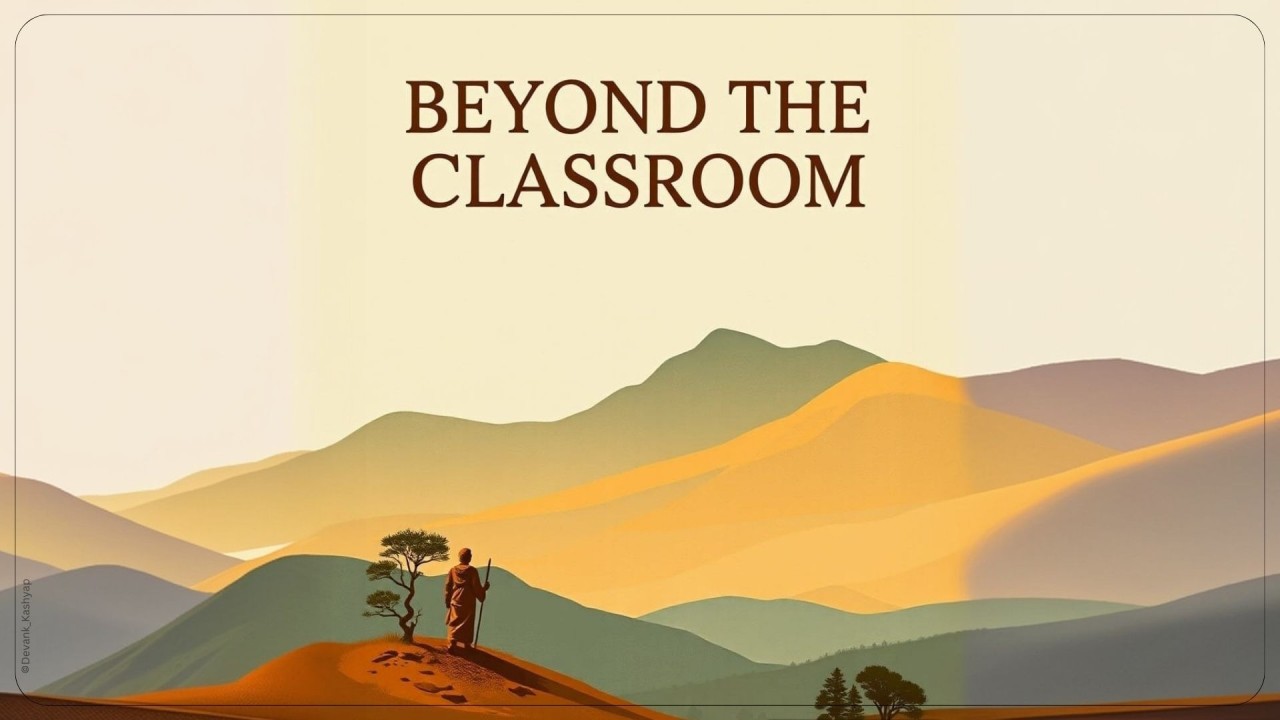In today’s fast-changing world, academic excellence alone is no longer enough to thrive. While school subjects teach essential knowledge, the realities of life and work demand much more than textbook intelligence. Every student must now learn skills that go beyond the classroom walls — practical abilities that shape confidence, decision-making, creativity, and adaptability in the real world.
A recent feature from India Today sheds light on seven crucial life skills that every student should cultivate to achieve personal and professional success. These skills don’t just enhance academic performance; they prepare young minds to handle challenges, lead teams, and stand out in any environment.
1. Communication Skills — The Power to Express and Influence
Effective communication is one of the most valuable assets a student can possess. Being able to express thoughts clearly, both in speech and writing, can set you apart in every aspect of life — from academic presentations to future job interviews.
Good communication builds confidence, fosters collaboration, and enhances leadership qualities. Students who can convey ideas effectively often inspire others and open doors to endless opportunities.
How to Build It:
- Participate actively in debates, discussions, and public speaking forums.
- Practice writing essays, blog posts, or even journaling your thoughts daily.
- Listen attentively to others to understand different perspectives.
2. Critical Thinking — Learning to Think, Not Just Memorize
In an era driven by information overload, the ability to analyze, question, and make sound judgments is indispensable. Critical thinking empowers students to go beyond memorization and instead evaluate facts, challenge assumptions, and find innovative solutions.
Employers and educators alike value those who can think independently, assess problems logically, and make smart decisions even under pressure.
How to Develop It:
- Ask “why” and “how” when learning new topics.
- Evaluate sources before accepting information as fact.
- Engage in problem-solving activities and case studies.
3. Emotional Intelligence — Understanding Yourself and Others
Emotional intelligence (EI) refers to the ability to recognize, manage, and respond appropriately to emotions — both yours and those of others. It determines how well you handle stress, build relationships, and navigate teamwork.
Students with strong emotional intelligence are more resilient, empathetic, and capable of maintaining harmony in diverse environments. In schools and workplaces, EI often outweighs IQ when it comes to achieving lasting success.
Ways to Strengthen It:
- Practice self-awareness by reflecting on your moods and reactions.
- Learn empathy — try to see situations from others’ viewpoints.
- Manage conflicts calmly without letting anger cloud your judgment.
4. Financial Literacy — Mastering the Language of Money
Money management is a life skill that too many students overlook. Understanding the basics of saving, budgeting, and investing can shape one’s financial independence and long-term security.
Financial literacy helps students avoid common traps like debt, impulse spending, or poor investment choices. It equips them with the confidence to make smart financial decisions as adults.
Practical Tips:
- Start tracking your income and expenses.
- Learn how savings accounts, budgeting tools, and investments work.
- Read about personal finance and practice delayed gratification.
5. Time Management — The Secret to Productivity and Peace
Balancing studies, personal life, and relaxation is one of the hardest challenges students face. Yet, effective time management can transform chaos into control.
Students who plan and prioritize wisely experience less stress and perform better academically. Time management isn’t just about discipline — it’s about making each day meaningful and productive.
Simple Practices:
- Use planners or mobile apps to organize daily tasks.
- Set clear goals and deadlines for study sessions.
- Take regular breaks to recharge and avoid burnout.
6. Digital Literacy — Thriving in a Tech-Driven World
We live in a digital era where nearly every aspect of life is connected to technology. From online research to digital communication and remote learning, students must be digitally fluent to remain competitive.
Digital literacy includes understanding how to use digital tools effectively, identifying credible information, and maintaining online safety and ethics.
Key Habits to Build:
- Learn to use software, online collaboration tools, and digital resources efficiently.
- Protect your online identity and privacy.
- Be responsible with social media — use it for learning and networking, not distraction.
7. Adaptability — Embracing Change with Confidence
The world is evolving faster than ever before. New technologies, industries, and challenges emerge daily. Adaptability is therefore one of the most valuable skills for students who want to succeed in this unpredictable environment.
Being adaptable means staying open to learning, unlearning, and relearning. It’s about viewing change as an opportunity rather than a threat.
How to Build Adaptability:
- Step out of your comfort zone regularly.
- Accept feedback and be willing to improve.
- Stay curious and keep upgrading your skills.
Why These 7 Skills Matter More Than Ever
While academic grades reflect intelligence, these seven life skills reflect readiness for the real world. Students who balance both classroom knowledge and personal development often grow into confident leaders, effective communicators, and problem solvers who can adapt to any situation.
In essence, the classroom builds your foundation — but life beyond it tests your wisdom, resilience, and creativity.
Conclusion: Building a Future-Ready Mindset
Education is no longer just about passing exams; it’s about preparing for life’s challenges. Every student should make a conscious effort to sharpen these seven essential skills. Whether you dream of becoming a scientist, entrepreneur, artist, or leader, these abilities will define your journey and shape your success story.
Learning doesn’t end when you leave the classroom — it begins there.



